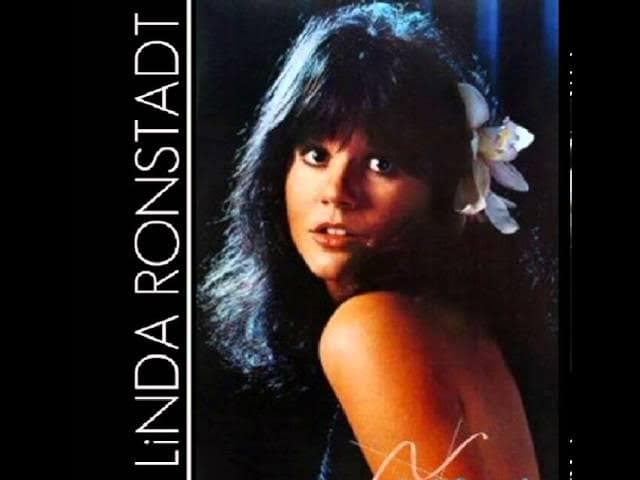
A Wry Look at Self-Pity and the Search for Real Love
Let’s turn our attention to a voice that could effortlessly traverse genres, imbued with both raw power and a tender vulnerability. Linda Ronstadt was, and remains, an icon, a masterful interpreter who could take a song and make it undeniably her own, no matter its origin. Her discography is a rich tapestry of rock, country, folk, and pop, each thread woven with her distinctive vocal brilliance. Today, we’re revisiting a track that perfectly blends wit with a touch of world-weary charm, a song that embraces a humorous take on romantic woes: “Poor Poor Pitiful Me.”
“Poor Poor Pitiful Me” was released in 1977, a period when Linda Ronstadt was at the absolute peak of her commercial and critical success. This spirited track was a highlight on her monumental album, “Simple Dreams,” an LP that not only topped the Billboard album charts for five consecutive weeks, but also displaced Fleetwood Mac’s Rumours from its long reign. As a single, “Poor Poor Pitiful Me” proved to be another substantial hit for Ronstadt, reaching number 26 on the Billboard Hot 100 pop singles chart. Its success contributed significantly to the album’s massive sales, cementing “Simple Dreams” as one of the defining albums of the late 1970s. Its widespread airplay and popularity ensured it became a staple on classic rock and adult contemporary radio for decades to come, showcasing Ronstadt’s ability to pick songs that resonated broadly with audiences.
The fascinating story behind “Poor Poor Pitiful Me” lies with its legendary songwriter, Warren Zevon. Zevon, a maverick musician known for his dark humor, sharp wit, and often sardonic observations on life, first released the song on his self-titled album, “Warren Zevon,” in 1976. Zevon and Ronstadt were close friends and frequent collaborators; in fact, Ronstadt was instrumental in getting Zevon’s career off the ground, bringing his music to the attention of her producer Peter Asher. Ronstadt’s decision to cover “Poor Poor Pitiful Me” was a testament to her deep admiration for Zevon’s songwriting. She softened some of the more overtly cynical edges of Zevon’s original, injecting it with a feistier, more relatable female perspective, without losing its clever irony. This move introduced Zevon’s brilliant songwriting to a much wider mainstream audience, benefiting both artists immensely and becoming one of Ronstadt’s most recognizable and enduring hits.
The meaning of “Poor Poor Pitiful Me” is a darkly humorous, yet ultimately relatable, commentary on the pitfalls of romantic relationships and the tendency towards self-pity when things go wrong. The lyrics paint a picture of a protagonist who feels repeatedly victimized by love, suffering a series of unfortunate romantic encounters. From being “taken for a ride” to fearing she’ll “never be the same,” the song embraces a dramatic, almost theatrical, sense of misfortune. Yet, beneath the humorous lament, there’s an underlying yearning for genuine connection and a desire to escape the cycle of bad relationships. The repeated refrain, delivered with a wry smirk rather than genuine despair, highlights the irony of wallowing in one’s romantic woes. For older listeners, this song taps into that shared human experience of navigating the messy complexities of love, and perhaps, occasionally indulging in a little self-pity when life (or love) doesn’t go quite as planned. It’s a reminder that sometimes, laughter is the best medicine for a bruised heart.
Listening to “Poor Poor Pitiful Me” today, Linda Ronstadt’s rendition still crackles with energy and charm. Her vocal performance is a masterclass in conveying both emotional depth and a playful cynicism. She delivers the lyrics with a perfect blend of exasperation and resilience, making the “poor me” sentiment feel endearing rather than truly pathetic. The production by Peter Asher is crisp and vibrant, featuring a driving rock rhythm that perfectly complements Ronstadt’s powerful voice. It transports us back to a time when rock and roll could be both intelligent and irresistibly catchy, and when a singer could effortlessly embody the nuanced emotions of a complex character. “Poor Poor Pitiful Me” stands not just as a great hit from the 70s, but as a timeless, witty anthem for anyone who has ever felt a little unlucky in love, reminding us to sometimes laugh at our own misfortunes